On July 25th we kicked off our “Stay or Go” series on LinkedIn Live which features stories and experiences of folks across Corporate America. With nearly half of American workers opting for independent work, we’re going on a roadshow to interview 6 people staying IN corporate jobs and 6 people opting into freelance work. We want to look across the work spectrum to ask, “what’s driving you right now?”
The first event, The Unexpected Ally, was a conversation between our Founder & CEO, Brea Starmer, and Travis Roberts an Enterprise Sales Leader at Zillow. They discussed why Travis is staying in the corporate world, the work he’s doing at Zillow, and the impact he’s had in his position there over the last 12 years.
Watch their full 20 min conversation here:
Check out all our Stay or Go events here https://lionsandtigers.com/category/stayorgo
Transcript:
Brea:
Hey, Travis. Hi everybody. Welcome to our very first LinkedIn live. We are here doing this Stay or Go series, our very first on LinkedIn, and I’m so excited to welcome everyone today. I’m here with my buddy Travis Roberts. Hey, Travis. I am Brea Starmer. I’m the founder of Lions and Tigers. We are a flexible and fractional consultancy that centers women and underrepresented folks in fractional consulting work and across enterprises. And so in our work and what we do every day, we’re often called in to points of pivot, points when people are making decisions about how they run their organizations to build cultures of belonging, how they think about blended workforces, merging employees and non employees, and trying to create high performance environments. And so in my job, I get to talk with a lot of folks who are making these big choices about how they demonstrate impact. And so we’ve got this series called Stay or Go inspired by the 1989, Clash song stay or go, because so much is happening in where talent is choosing to work right now. And I just have this question sitting on my mind around why folks are choosing to work the way that they’re working? Do they want to stay in traditional employment, in the nine to five and the corporate gigs, choosing that path and that kind of impact? Or do they want to choose something more flexi, something more fractional, and have impact in different ways? There are pros and cons to both. And we’re going to dig in with leaders who sit in both categories and talk about why they’re making their own choices. I’m so excited to have Travis with us today. Travis and I met 21 years ago at a frat party. And we have been friends ever since. And he is so kind to jump on with us and talk about some of the work that he’s doing at Zillow. And so Travis, if you could just introduce yourself sort of like what your life is and what your job is, and then we can dig in.
Travis:
Yeah, thank you for having me on here. Yeah, again, my name is Travis Roberts. I work at Zillow, I am a senior director overseeing the Enterprise rental Sales Team at Zillow. I’m also a husband to an amazing wife, I have three beautiful children. So I kind of have a multifaceted roles that I that I’m constantly involved with, but it keeps my cup full.
Brea:
Now, Travis, okay, so this all came about, honestly, you inspired this whole series, because we were at lunch, we were talking a bit about your work at Zillow, and we’re going to get to that, there’s some stories that I really want you to share. But I want you to know that you had such an impact on me and on the team at Lions and Tigers that inspired this whole series for us to dig into this question. Not that you are debating which way to go, but the way that you show up. And I call that the unexpected ally because I don’t think everyone knows about this if they just saw you walking down the street. So this is our attempt at an interview to get behind the curtain. And so my first question for you, Travis, is why are you staying in?
Travis:
That’s a good question. You know, it’s one that I’ve debated with a different points in my career, but I think I kind of had to make a realization of myself. I used to be one of those people that everything I did I wanted to be all in. With work, family, friends, hobbies, hiking, it was like I was in. I was all in. When I finally realized as I was going like, you know, it’s like a little town I was going a mile wide and an inch deep. I wasn’t making enough impact anywhere because I was spreading so thin. So I had that realization that if I want to make true impact, I want to be like an inch wide a mile deep and truly make change, I had to pick a couple lanes where I was going to invest fully into. So I sat down and looked at that and I realized it’s work and it’s my children. Because if I do that right, like if I could be in a corporate environment like Zillow, and I can influence leaders who influence their teams, that ripple effect is coast to coast, I affect families, people livelihoods. And I can also do it with my children, and that’s generational, if I can create, and help grow really amazing children that can help the next generation, that leaves lasting impact. So I kind of went all in on those areas. When it comes to stay or go, I believe my impact right now is the greatest by staying in, and why I choose to continue to hang my hat and Zillow for almost 12 years now.
Brea:
I think you’ve summarized that so well. And it’s something that I struggle with. I think we both, especially if you’re multi passionate, right, and you think I can, I can, if I just did a little bit here or a little bit there, I can move the ball forward. But that sort of focus, that maniacal focus is, is the hallmark of a great leader. And so you mentioned staying at Zillow and I want to know more about that. And the fact that you’ve been there for 12 years, and that that’s the place where you have probably grown up. I’ve seen that in you and that you really have like sort of doubled down on making that community better. When you think about that circle at Zillow, like talk to me about Zillow when you first joined 12 years ago, and then what we’re seeing now.
Travis:
Yeah, one of the things why I think I’ve hung my hat here so long is because they’ve created a frame in which I can do this, I can make an impact. Like it’s a company that’s really focused on doing right by its people and by by consumers. And so when you think about what the mission is, I’m all in there, so that’s great. But it’s like when I can come every day and live it out. And you know, I joined Zillow before it went public and like cool, you always hear cool things like work life balance and all this stuff. And then ultimately it goes public and you lose that. We haven’t lost that. I mean, for almost 12 years now, my workday ends at four because that’s when my family time starts. And especially in sales, that’s unheard of, that’s unheard of that you can have normal work hours. Usually you have to make some trade offs. So Zillow has created a frame. And then over the years, that frame to me has gotten better to where I feel like my impact can be that much greater because of the roles that I’m in and the people that I work with.
Brea:
And so those opportunities afforded to you certainly are based on your performance and sort of growing with the company. But I also want to talk a little bit about why I call it the unexpected ally, because you’ve told me some stories of the work that you’ve done at Zillow to represent folks that are like you but also not like you. And so can you share with the listeners here, some of the work that you’ve done to raise voices and make change?
Travis:
Yeah, I think for a long time, I didn’t realize that I was the solution. Like, it has to start with me if I want something to change. That doesn’t mean other people can’t be their own solutions. But I if I want to see change, I have to be the change. And so I took over the Enterprise team here in the rentals division about a little over three years ago. And I took on a great team. I mean, wonderful human beings. They hit the numbers they were supposed to hit, and they met all the goals they needed, like there was there was nothing wrong with the team foundationally. Except for the fact that wasn’t representative of the industry in which we serve the company, the society. And what I mean by that is to be very, very candid is the team was all white. There was only 20% women, there was no women in leadership, we had no BIPOC representation, everybody lived in one city except for one other. It’s like when you look at that, that’s not a dream team. Like that’s, that’s a good team, they can perform. But to me, I looked at that and said, you know, as a white male, I’m like, it can be more, it needs to be more. And so I’m just really fortunate to work with amazing people that I could take this to. So I went straight to my VP and my manager at the time, Jamie and said, I want to change fundamentally how this team looks and it’s going to take me time. It’s not something you can do overnight. It’s not something you want to do overnight. It’s systematically changing the way in which you recruit, you hire, you train, you develop, all of that, to get to an end result that again, is that representative dream team you’re looking for. And luckily I have amazing managers that work with me as well, Shawn and Darren, they’re phenomenal at all of us aligning towards this mission. And to show you kind of how far we’ve come in three years. We went from a completely white team to now we have 28% BIPOC representation. The team went from 20% women to now we’re a little over 40% women. We went from two geographies. That’s only if you count the one employee didn’t live where everybody else did. And now we’re in I think 11 different geographies which make up every different time zone. We had zero women and leadership development. Now 66% of our leadership development on my team are women. It’s like we’re making progress and we’re not done yet. Like this is just step by step by step. But it has to be a concerted effort. And again, it goes back to it had to start with me. I had to make a conscious saying “we will make a change.” And then Sean was like yep, I’m with you. Jamie’s like, Yep, I’m with you. And it’s like you slowly create that snowball effect. And now it’s just how we operate. And it’s really, really been a power and the team itself has just done phenomenal things.
Brea:
When I hear from you, my shoulders lower, I exhale a little bit, the tightness in my body relaxes a little bit, Travis. And that’s why I wanted people to hear from you. Because so often, I’m reading reports, I’m looking at, like labor statistics, I’m reading about the great resignation and the loss of women and people of color from our workplaces. And I feel often like I’m just yelling into a closet. And so when I hear leaders like you that say, it starts with me, and that something had to change, and that I hold myself accountable for it. It makes me realize like that there is potential here, that my children, my daughter, my kids can inherit a different work environment, because people like you are willing to make that that shift.
Travis:
Thank you. But I will say I’m not the you know, the inventor of the wheel here I by no means is this something that is like inherent to like who I am or to Zillow, I mean, at the end of the day, like Brea the work you’re doing with lions and tigers and with your team. That is foundationally changing the game. I mean, the playbook that you created, I think I’ve read through like three or four different times this week. So it’s almost like I feel like I’m walking in the footsteps of giants, like people are doing this on a massive scale. And like I have my slice of the pie. But again, that’s the impact that I can do today. And that hopefully that scales, hopefully that impact continue to grow. But this is where I’m at. But it’s fun to see that it’s happening in so many different ways, especially lions and tigers. It’s like, pretty remarkable.
Brea:
Thanks, Travis. Yeah, I mean, I think we all got a little slice, right? Like, we’ve all got these little bits of pieces that we can move forward. And we’re privileged to do this work in so many ways. And to your point, I mean, there’s a lot of folks that come before us. But, but there is little bits that we can move, that we can do, and that we can think about it differently. Also share the story from when we were at an event at my house and we brought together a collection of leaders and we called it “the power of and” event so that we can kind of have these conversations about what actions we want in our lives, not what words we want in our lives inspired by the lions and tigers concept. And you were telling the story of advocating for a paternity leave policy or parental leave policy. And one of the moms in the room was sharing about some of the struggles she was having showing up at work. And I remember my friend Karen said to the other side, like go talk to Travis like he knows how to get it done. And like the idea that we could create alliances, cross company, cross sector, with the sort of ins and outs of how you’re negotiating for your team is also something I just am creating right now. So maybe you could give perhaps folks listening one or two little pieces of advice about how you’ve been able to land some of these company wide policies or impacts and like the actual scripts that you use or need.
Travis:
Yeah, I mean, to me, it’s, it comes down to a simple premise. You have to meet people where they are. And in a way I feel like COVID opened everybody’s eyes up to be like be real, like it’s okay to be who you are, like this morning, I took my son to the ER because he cracked his head open and blood was all over the upstairs of my house. Like that was part of my day, I went from a Zoom meeting to the ER and back to a Zoom meeting when I came back. And it was like that, I’m not gonna hide that, like, that’s that part of that experience. You know, and you mentioned the kind of the policy around parenting. To me, it kind of it stemmed from the fact that you know, before we had our first we had multiple miscarriages before we got pregnant with with our twins. And we use some science help to get there. And I’m very open about all of this. I say NDTV I don’t hold anything back, because that’s my journey. And sometimes being open about that opens up other people’s journeys as well. Because a lot of the times when parents are coming back from leaves, whether they have, you know, no time off from their work, or they have a month off two months fine, what’s going on their policy, that’s not an easy transition. That’s not an easy transition for parents to to get back into the workforce and why you see so many parents leave the workforce. So right away, I was like, we have to continue to work in that area, like how do we create policy and systems in place to allow parents to have a softer landing when they come back from that? And that’s kind of where it started. So my team and I, we worked really, really hard on creating almost a checklist like hey, if you’re a manager of somebody that goes out, here’s how you bring them back into the fold smoothly and Zillow has some great all up policy there. But we took that next step of being like how do you actually have that conversation? Like how do you open that up to where you let you meet that employee where they are? And then that even snowballed into the fact that I had twins and Zillow has phenomenal benefits like don’t get me wrong, but a lot of companies including Zillow, look at twins is one one pregnancy And the benefits follow that, which, sure, but I’m pretty sure I was in that ER and there was definitely two babies delivered. And so, you know, I look at that I was like, those parents, parents of multiples, which are on the rise, right with science related health, like, multiple babies are going to keep going up. And a lot of times those babies are born early, which means NICU time, which means less bonding time. So I’m a huge advocate for like, how do we create better, and I will benefit from this, my kids are there almost to now, I won’t benefit from this policy. But that next parent of twins, triplets, or you know, like everybody gets their happy, like, I really would love it, we create a frame for them to really have an exceptional experience there. And that’s just one of the small slivers something I’m like, as you can tell I’m super passionate about because if we get this right, that impact is unbelievable.
Brea:
Absolutely. I mean, we know from data that that caretakers are likely the largest single identify our population within an organization, upwards of 79% are caring for somebody in some way. And so I’ve always said, if we solve the, the work world for caretakers, we’ll solve it for everybody. So many folks are having to show up in this space now. So it’s incredible that the kind of impact you have when you think about it that way. So I got one more question for you. And we’re gonna wrap up soon, because this is a click series, I’m thinking about the highly relational work that you do. Of course, you’re a people first leader, but I’m thinking about all of the work that you do to drive sales and the relationships that you hold. And I’m so curious about your thoughts around sort of AI and tech, and how that will impact both your teams and then also the relationships you hold with your customers.
Travis:
Yeah, it’s huge. On the way it’s coming, and we can’t avoid it, and people want to try, they want to try to look at the way close your eyes, it’s not gonna happen. But it’s happening, like the AI revolution is here, and it’s not gonna go anywhere. To me, it has the potential to change everything for the better or for the worse, but it takes people today making choices that make it for the better, like if we can use AI to get rid of all the monotonous work to give people back time in their days, so they can spend more time with their families. That’s a win. But if AI comes in and make people work harder, and not provide that benefit on the on the personal side of it, it’s a loss. Like to me, I see it as an easy equation. It’s all about essentialism, like you have to create space for yourself. And I’m very much at the camp, I’m first to admit it, I work to live, I don’t live to work. And I want AI to help me there. I want AI to free up that time. So I can do things that are meaningful versus like just the, you know, the simple routine stuff. So I’m excited for it. But it’s gonna take leaders to really lean in right now and figure out how to operationalize it in the best possible way.
Brea:
I love that Travis. We are going to wrap up our time. I want to thank you so much. And also just offer Travis mentioned our playbook is linked in the comments below. It’s basically an open source guide to how to create blended workforces, teams of employees and non employees, and bringing them together under a culture of belonging. Lions and Tigers is a proud change management partner helping unite leaders and teams together and if we can be useful to you as leaders, as you think about crafting the now of work. We would love to do that. So I look forward to future conversations and Travis so much impact to come. Thank you for joining us today on our first series and we’ll see you soon.
Travis: Thanks for having me. Bye


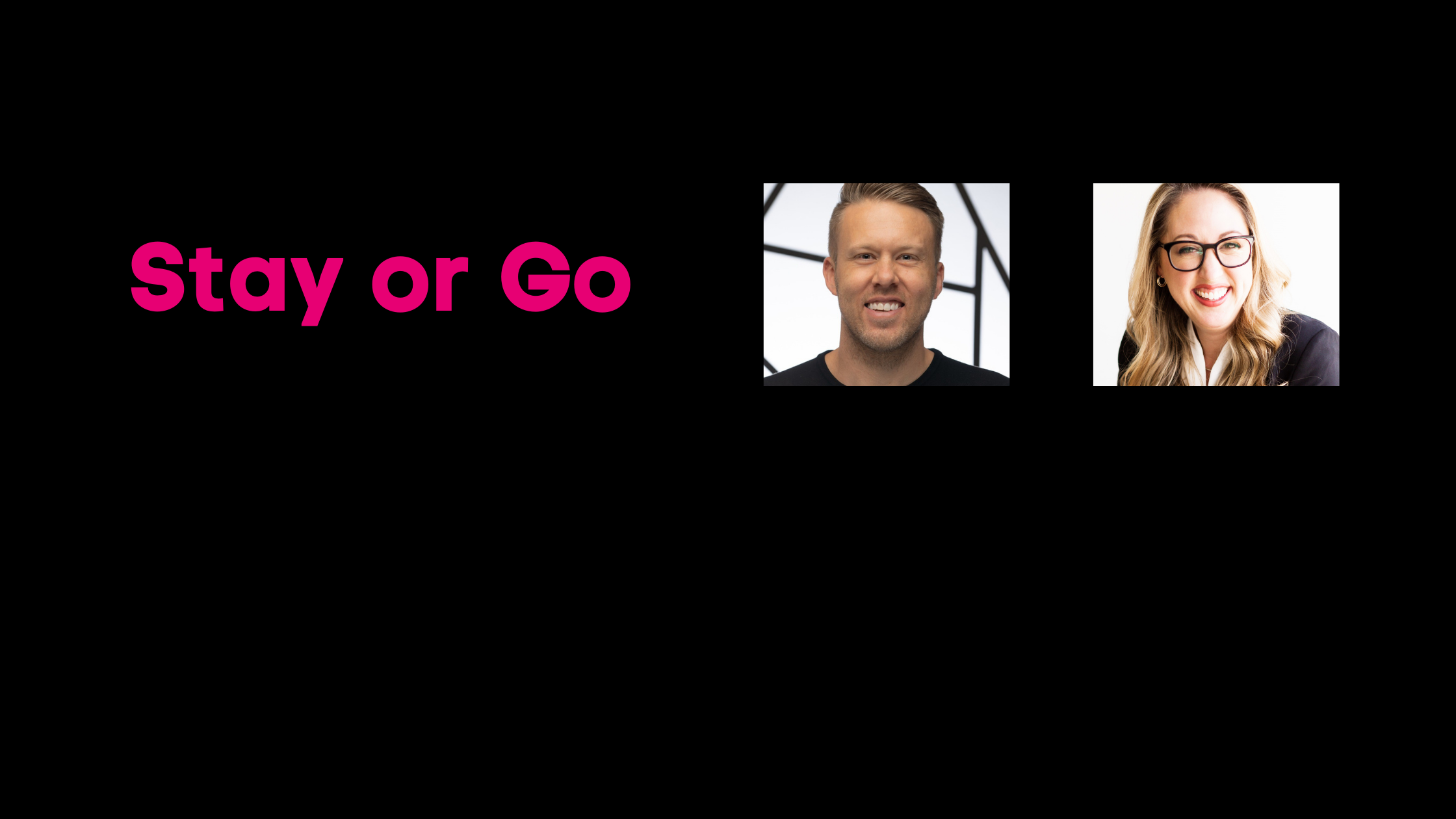

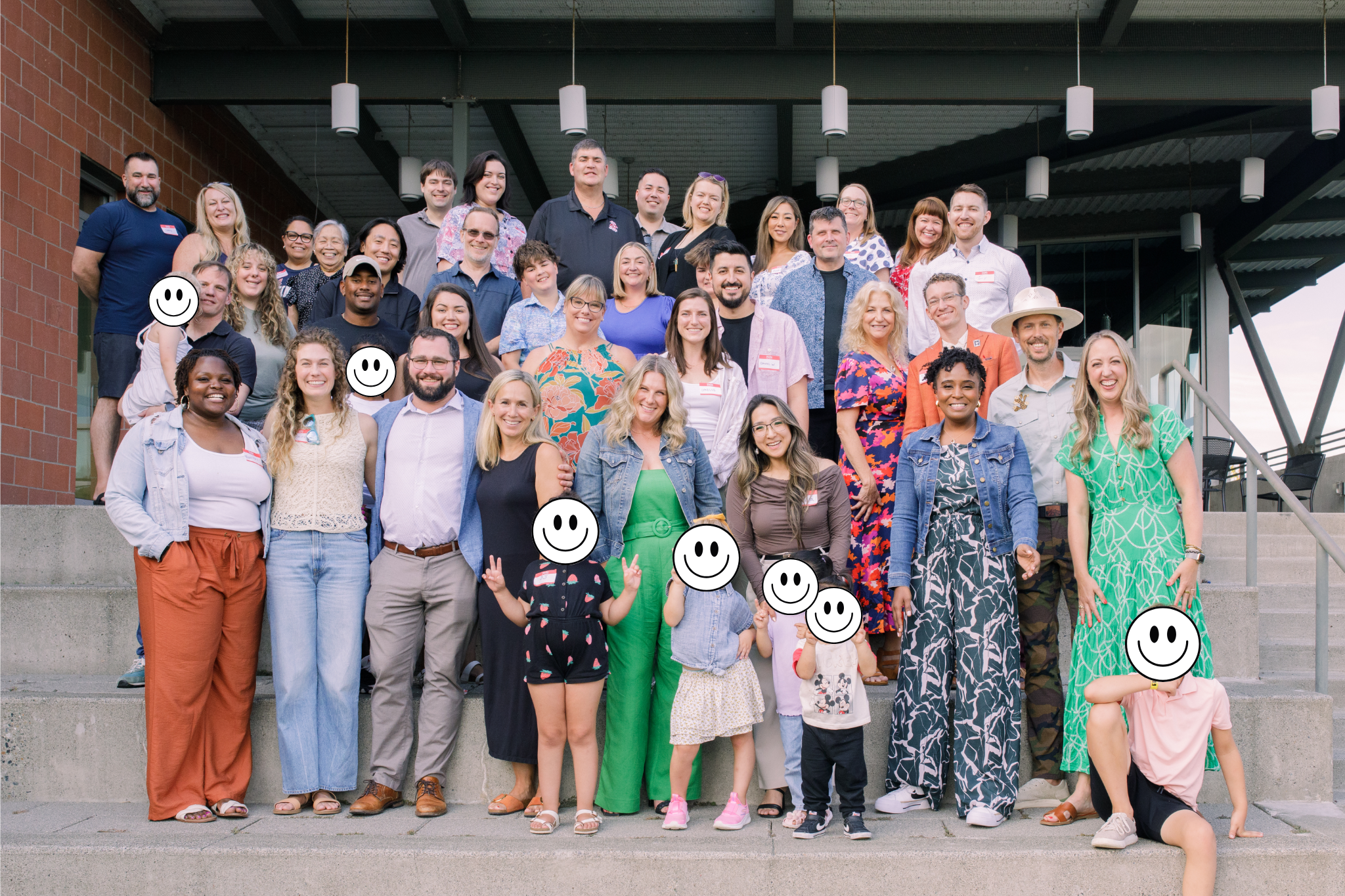
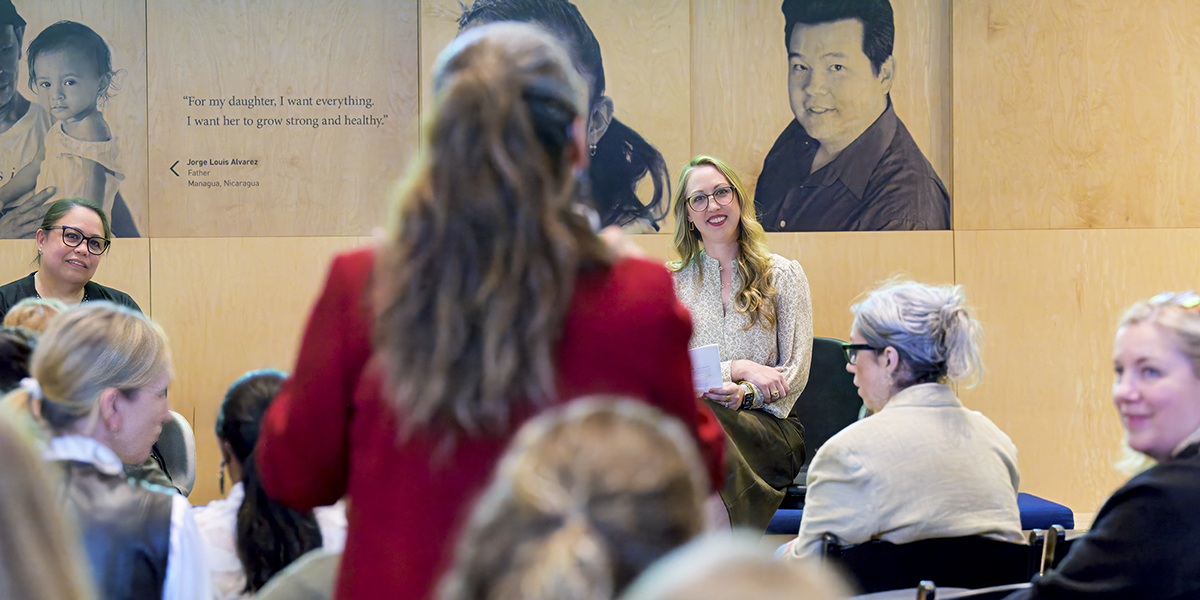
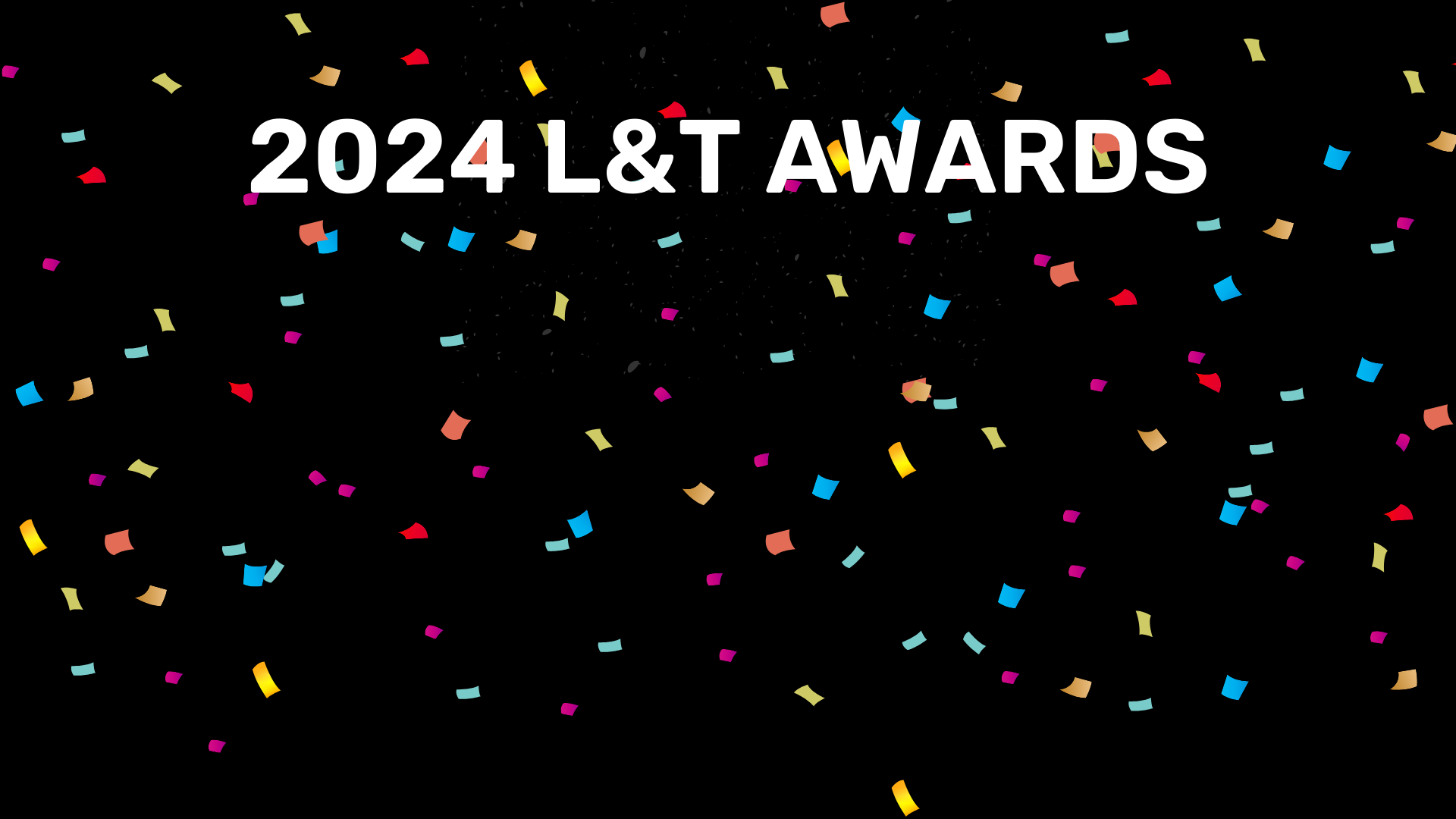
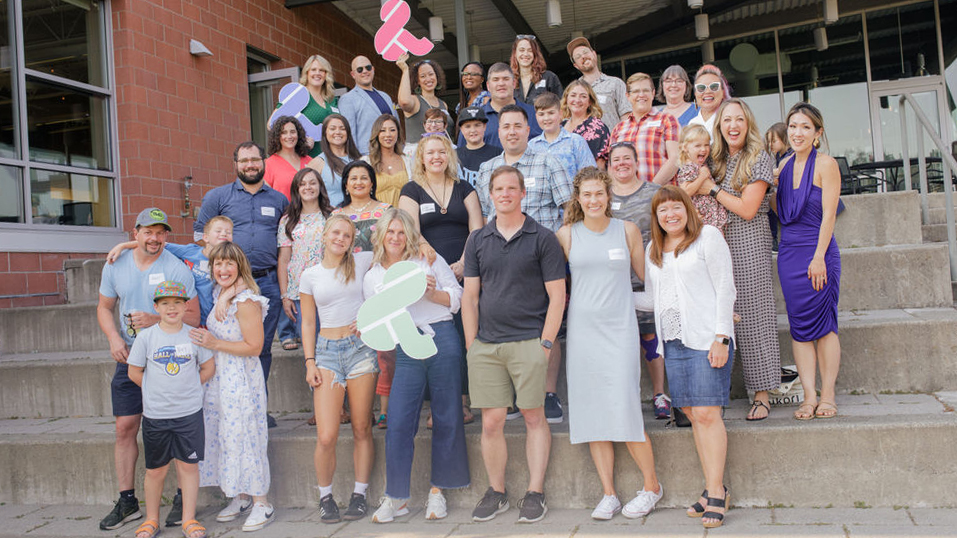
0 Comments